We all know how easy it can be to put off those home repairs instead of dealing with them head-on, especially when they seem minor or the budget is tight. But as you may have found out the hard way, delaying certain fixes can lead to bigger problems—and much higher costs—down the road. Here are some of the most common home repairs that shouldn’t be ignored if you want to avoid costly surprises in the future.
Roof Damage
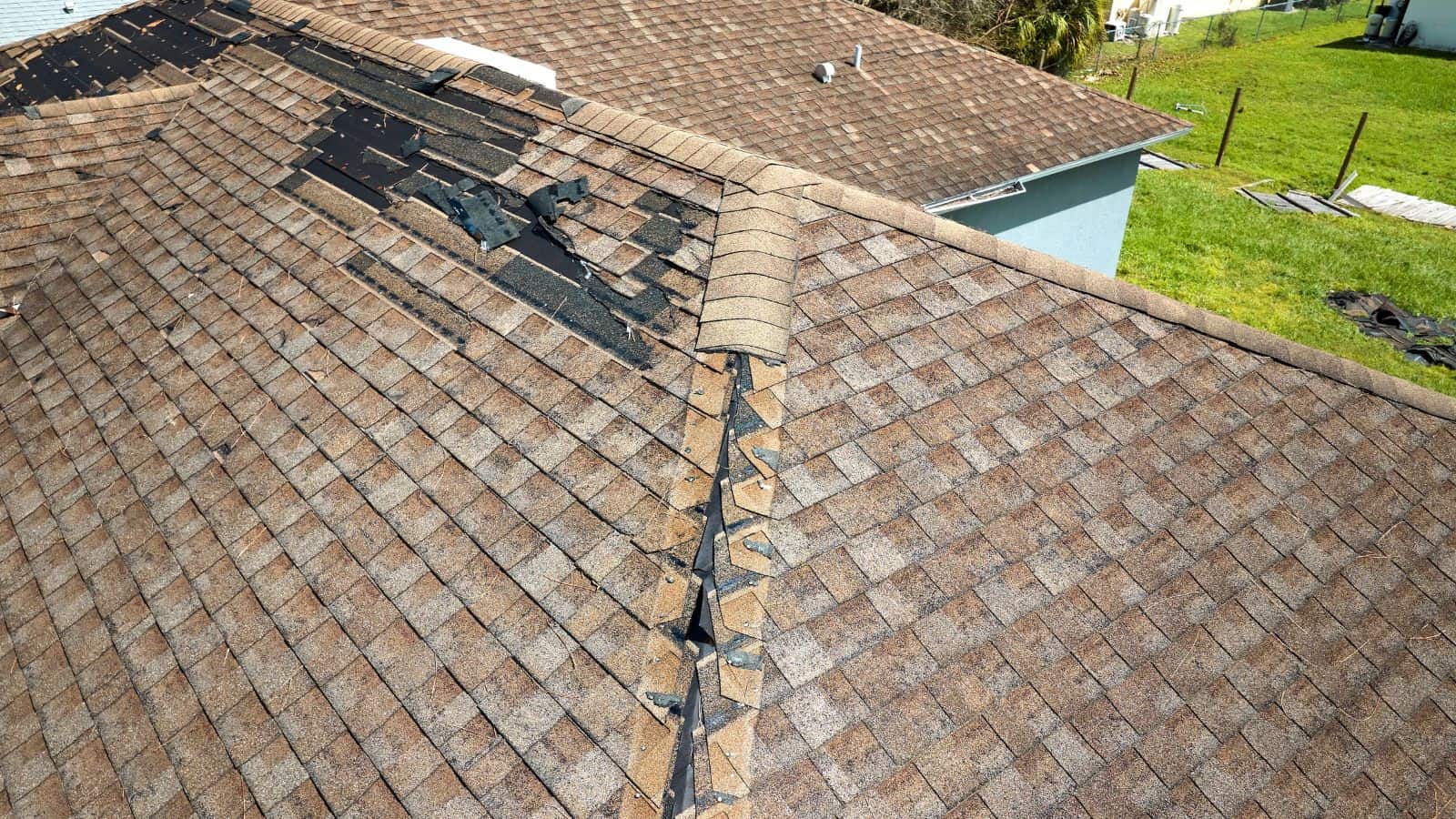
You might think that a missing shingle or small leak in your roof is no biggie, but over time, water can seep into your home and cause much more serious structural damage. If you leave it unchecked, this can also lead to mold growth, ruined insulation, and some very expensive repairs.
We recommend inspecting your roof regularly and addressing any issues straight away to prevent bigger headaches later.
Leaky Faucets

A dripping faucet might seem harmless in the short term, but over time, those small drops can add up to gallons and gallons of wasted water—and a higher utility bill to boot. More importantly, leaks can point to underlying plumbing issues that could become even worse over time.
Cracked Foundation

Those hairline cracks in your foundation might look minor, but they can quickly widen, leading to more serious structural issues. As time goes on, water can seep into these cracks, causing more damage and weakening your home’s foundation. If you notice cracks, it’s best to have them inspected as soon as possible and get any repairs necessary to avoid big fixes later down the road.
Peeling Paint
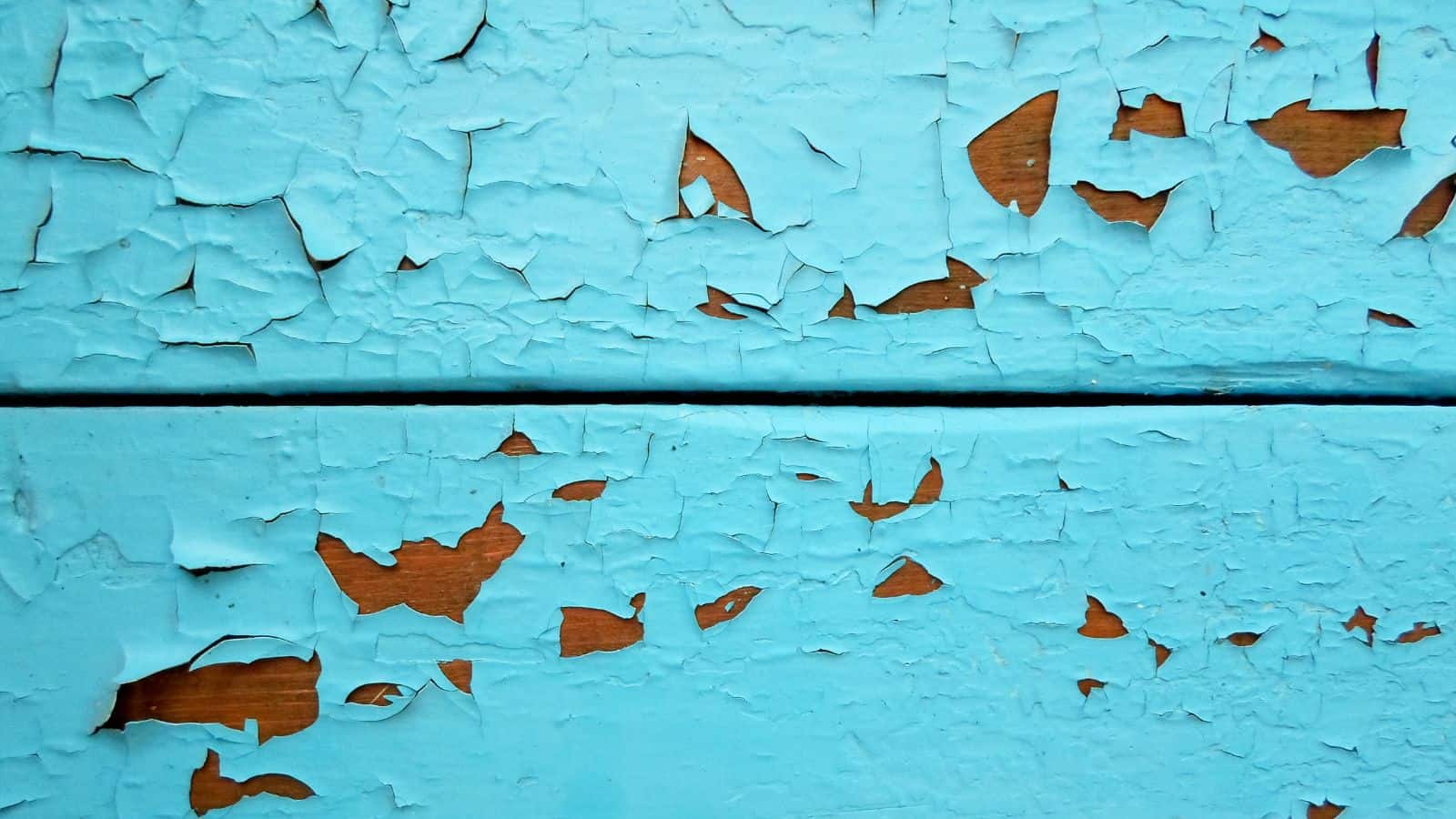
Peeling or cracking paint may feel like it’s only a superficial issue. But in reality, it isn’t just an eyesore—it can also leave your walls exposed to moisture, leading to mold and rot. Exterior paint, in particular, acts as an important protective barrier for your home. Touching up peeling areas or repainting can help maintain your home’s integrity and curb appeal.
Clogged Gutters
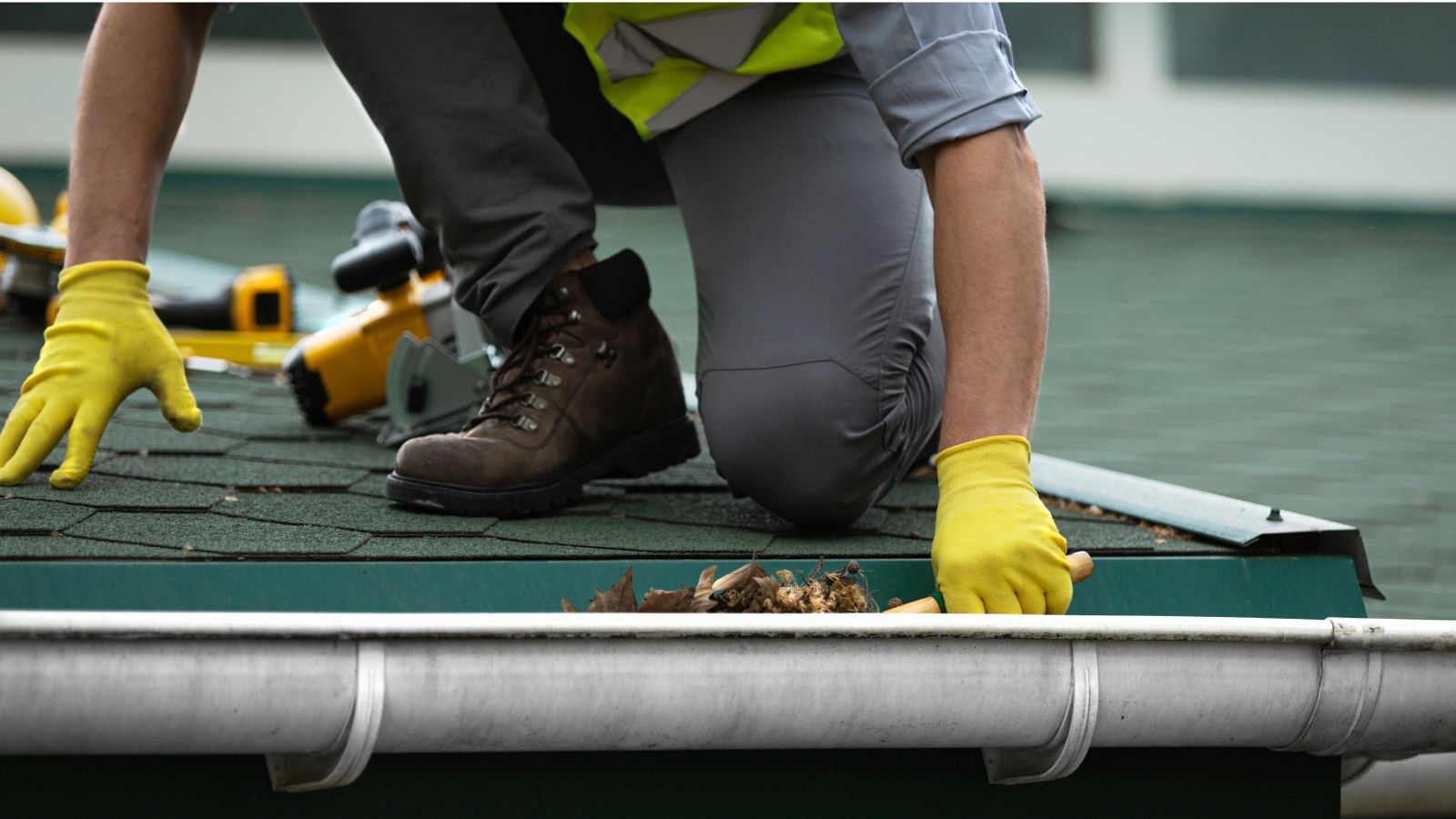
Contrary to what some people think, clogged gutters aren’t just gross inconveniences. They can lead to water overflowing and pooling near your home’s foundation, potentially causing leaks or serious structural damage. It can also create ice dams in colder climates, which can damage your roof. You can prevent these issues by cleaning your gutters regularly and ensuring proper water drainage.
HVAC Maintenance
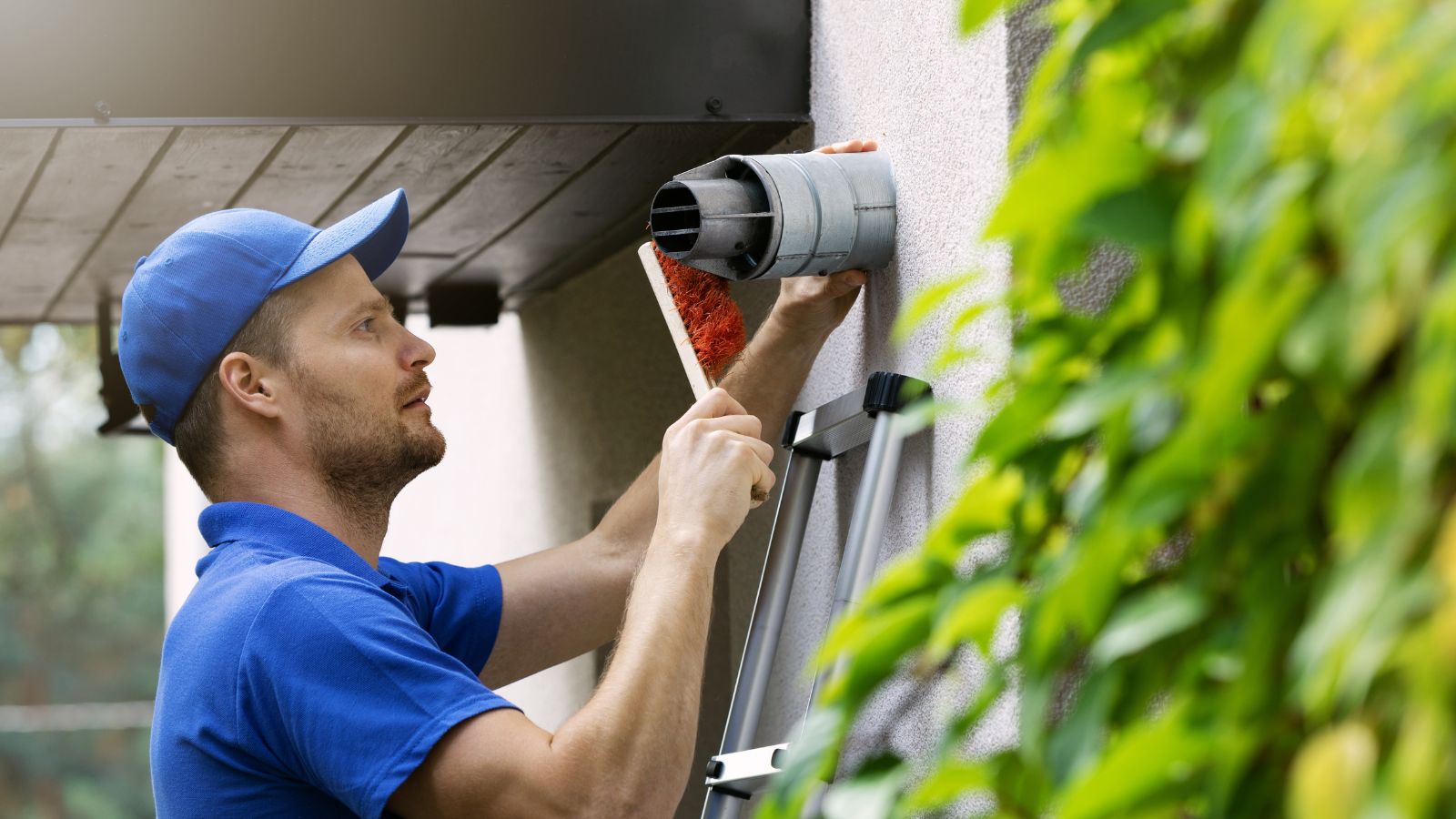
It can be annoying to fit HVAC maintenance into your busy schedule, but if you don’t, it can lead to inefficient heating or cooling, higher energy bills, and even system breakdowns. Dirty filters, worn-out parts, and neglected systems have to work harder, which can significantly shorten their lifespan.
Loose or Damaged Siding
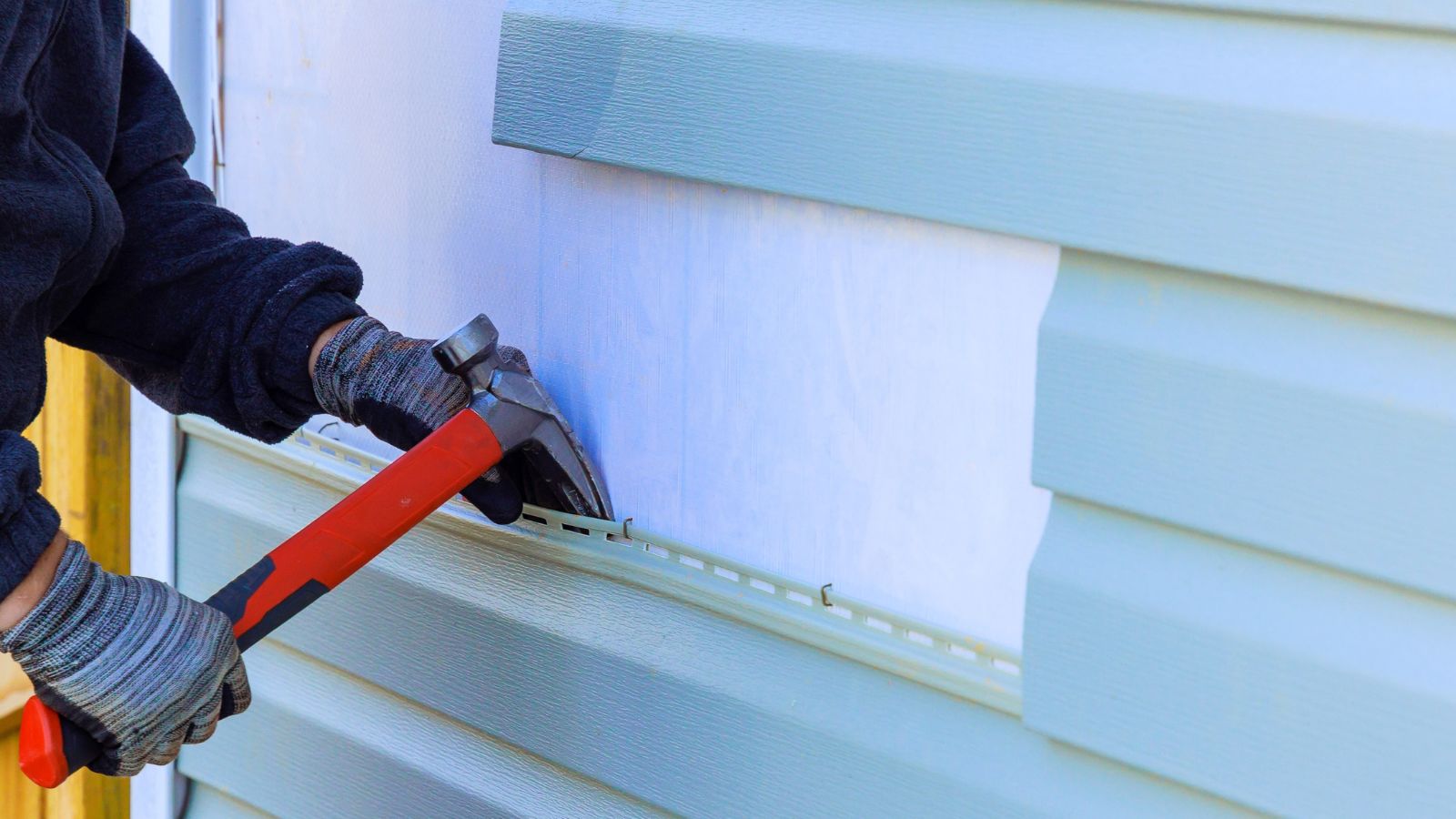
If you don’t want to let water and pests into your home, it’s important to fix any damaged or loose siding as soon as you can. When the outside elements make their way in, your home is at risk of hidden damage that’s expensive to fix.
If you notice cracks, holes, or panels pulling away, address them right away. After all, replacing or repairing siding is far cheaper than dealing with rot or infestations later on.
Worn-Out Caulking
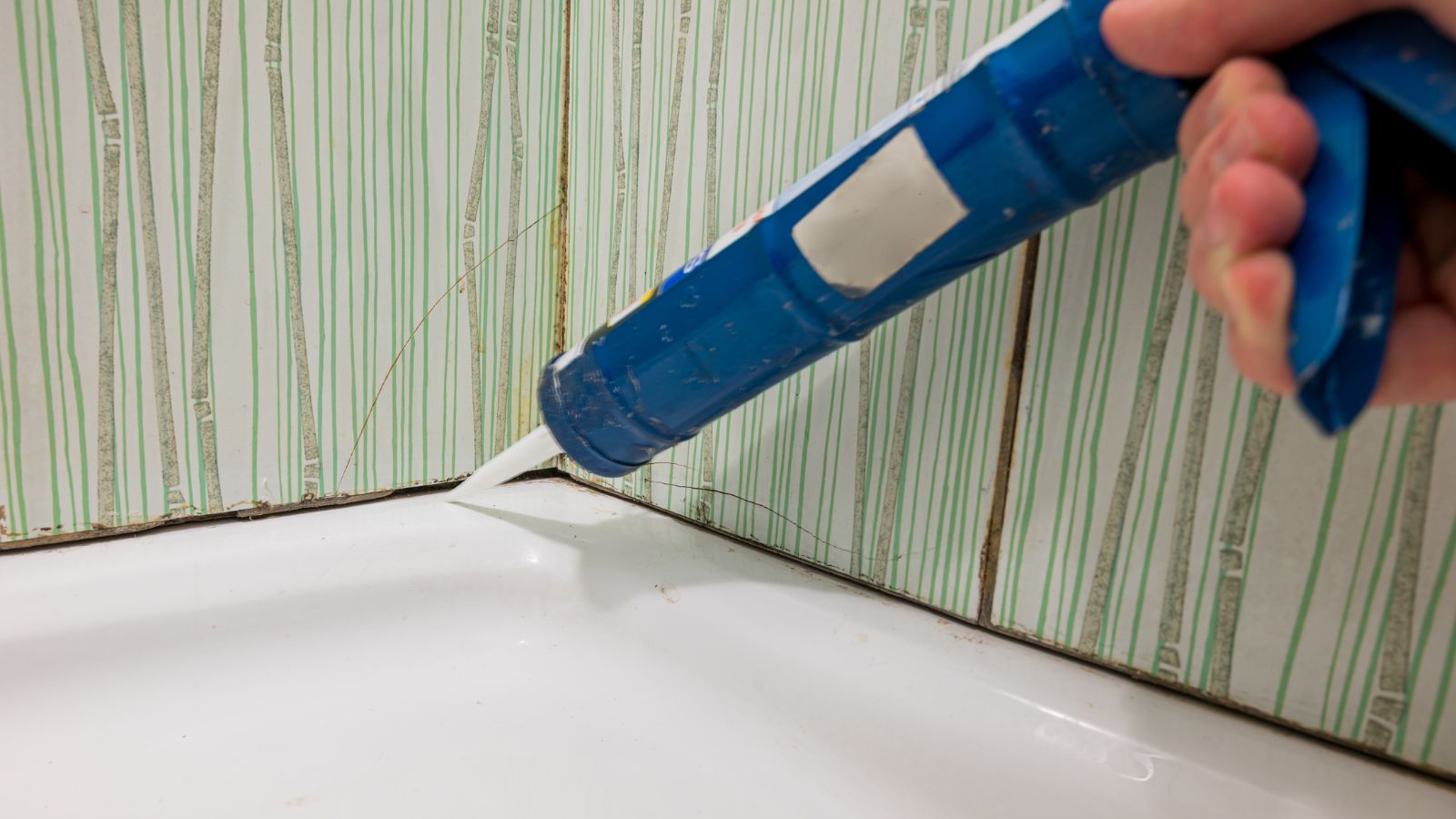
While old or cracked caulking around windows or bathrooms might not seem urgent, it allows water and air to seep in. This can lead to higher energy bills, mold, and even structural damage in some cases.
The good news is that re-caulking is a simple and inexpensive fix that can save you money and hassle in the future.
Broken Appliances
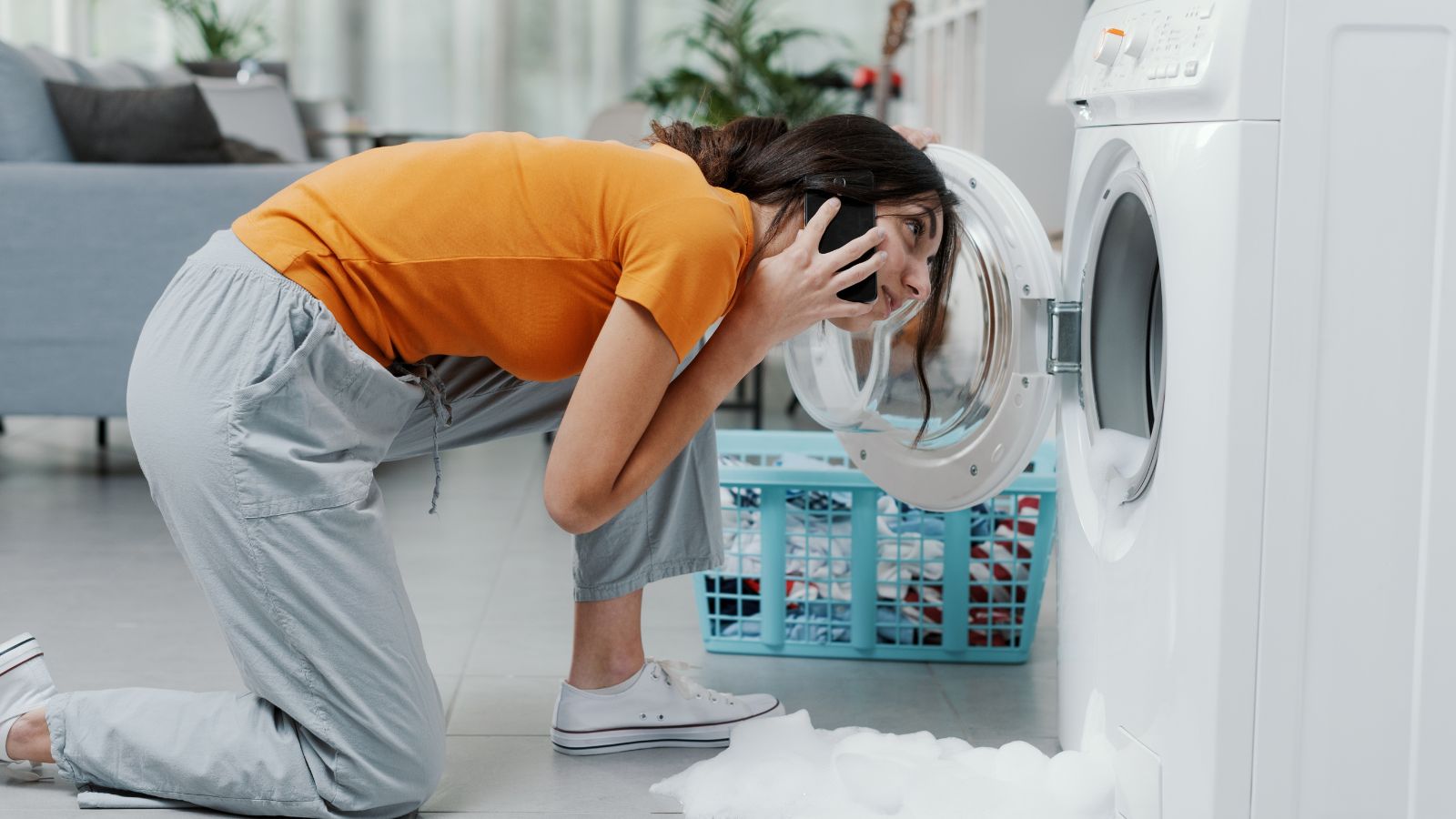
Everybody’s had that slightly broken dishwasher or washing machine that they’ve ignored for months, but this might be doing a lot more harm than good. Faulty appliances can lead to leaks, higher energy bills, and even water damage when they fail completely. It’s much cheaper to repair or replace them before they break down than to deal with unexpected expenses.
Faulty Electrical Outlets
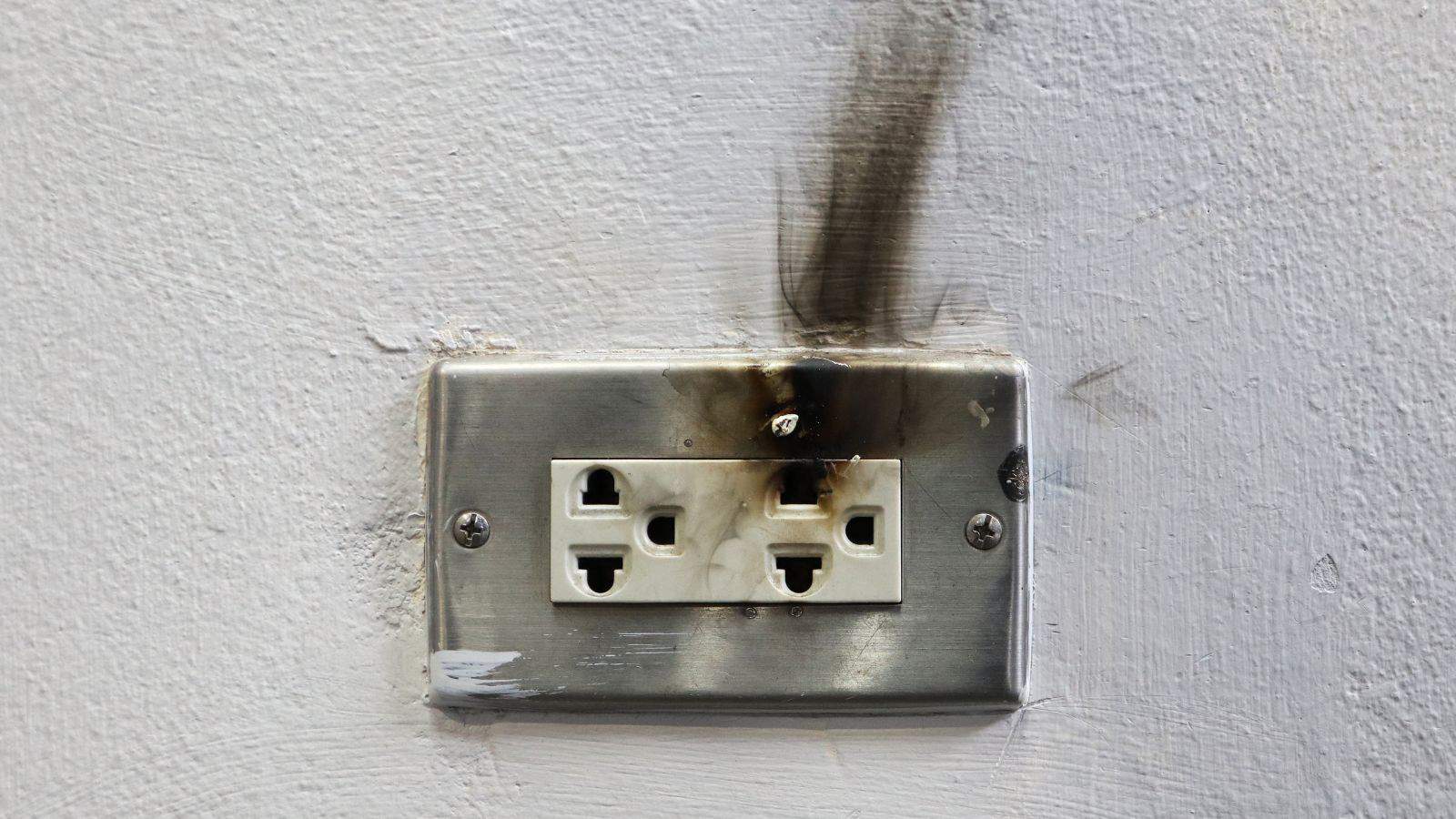
Think a flickering light or loose electrical outlet is nothing more than a small annoyance? Think again. These little warning signs could signal deeper wiring problems that may increase your risk of fire or damage to your appliances. If you’ve noticed this issue, it’s best to call an electrician to address the problem now rather than later.
Cracked Driveway
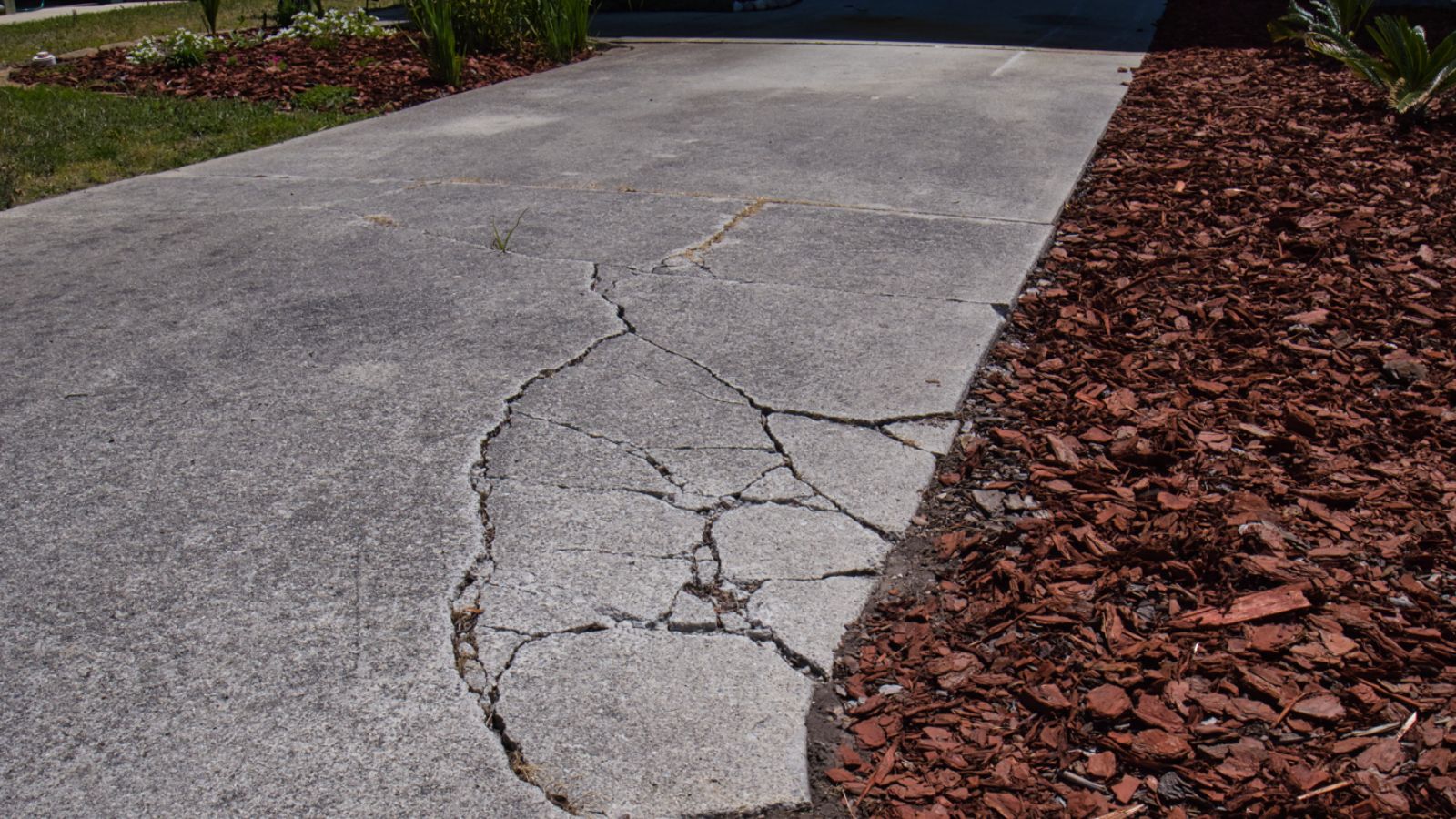
Small cracks in your driveway might not look very urgent, but they can grow larger with time and weather changes. Water can also seep into those little cracks, freeze, and expand, leading to more extensive damage. Sealing small cracks now can prevent the need for a full driveway replacement later.
Running Toilets
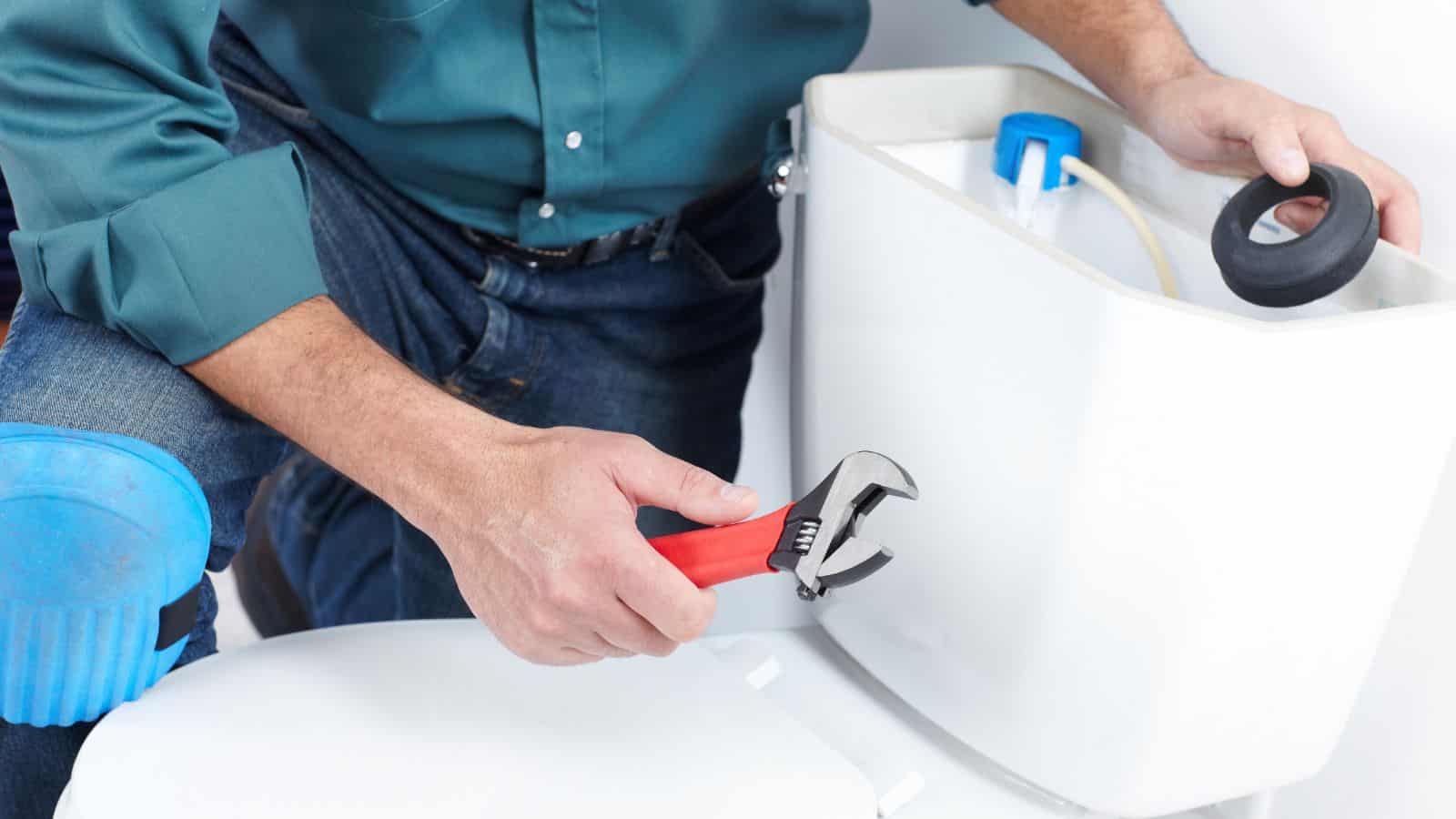
Yes, a toilet that constantly runs is annoying, but it’s also much more than that—it can waste a significant amount of water and increase your water bill too. Often, the fix is as simple as replacing a flapper or adjusting the float, so there’s no reason to delay addressing the issue and prevent more complex plumbing problems.
Mold Growth
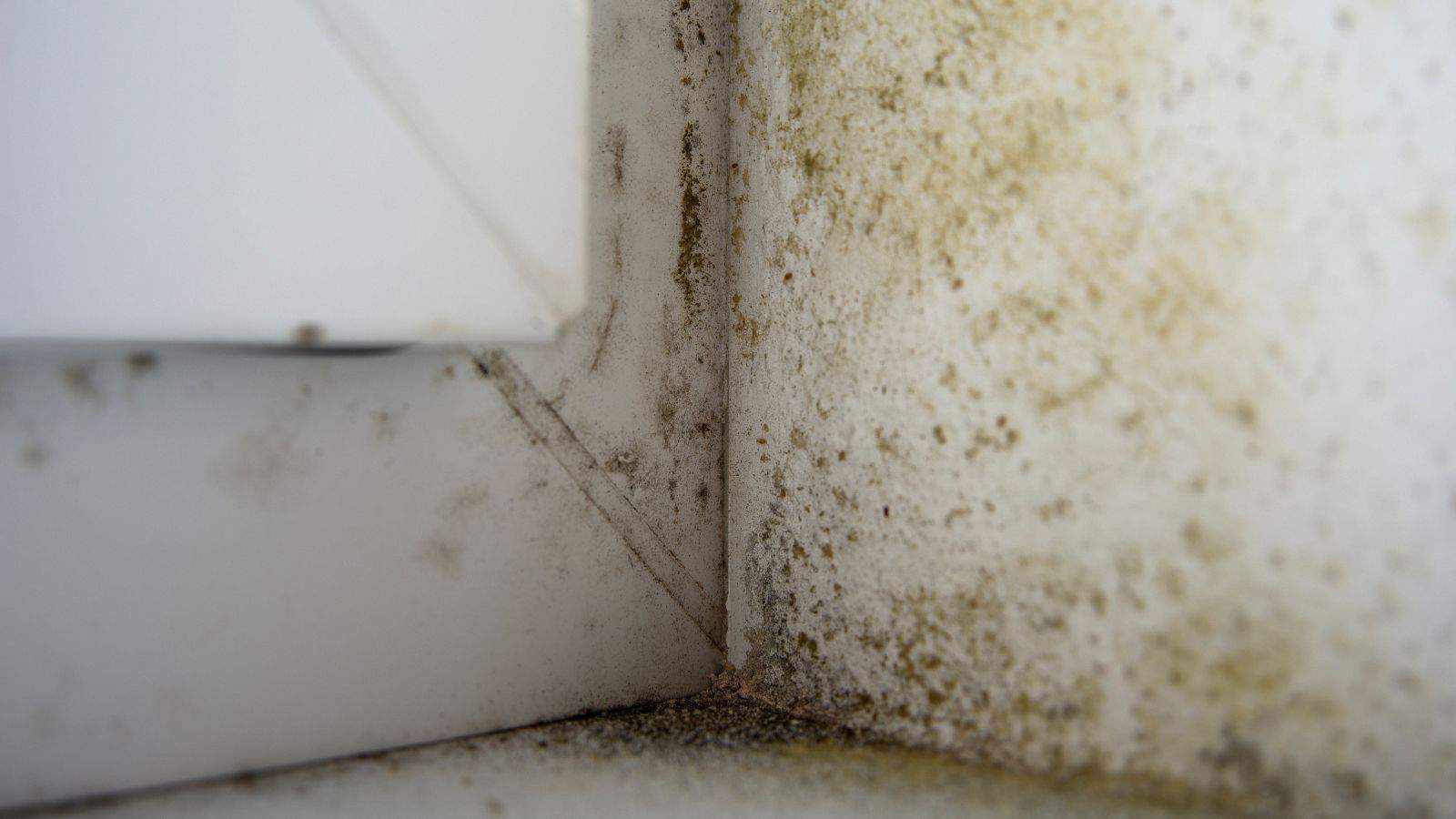
A little mold in the bathroom or basement might not seem like a big deal and can even be difficult to notice at first. But it can spread quickly and cause serious health issues and damage if you don’t do anything about it. Mold thrives in damp conditions, and once it takes hold, removal can be costly and time-consuming.
Squeaky Floors

A lot of people see squeaky floors as a harmless quirk. However, they can actually indicate loose floorboards or weakening subflooring. Over time, this can lead to structural issues that are much harder to fix. Instead of waiting to see if it gets worse, we recommend securing floorboards or addressing the source of the squeak early and saving yourself from expensive repairs down the line.
Leaky Water Heater
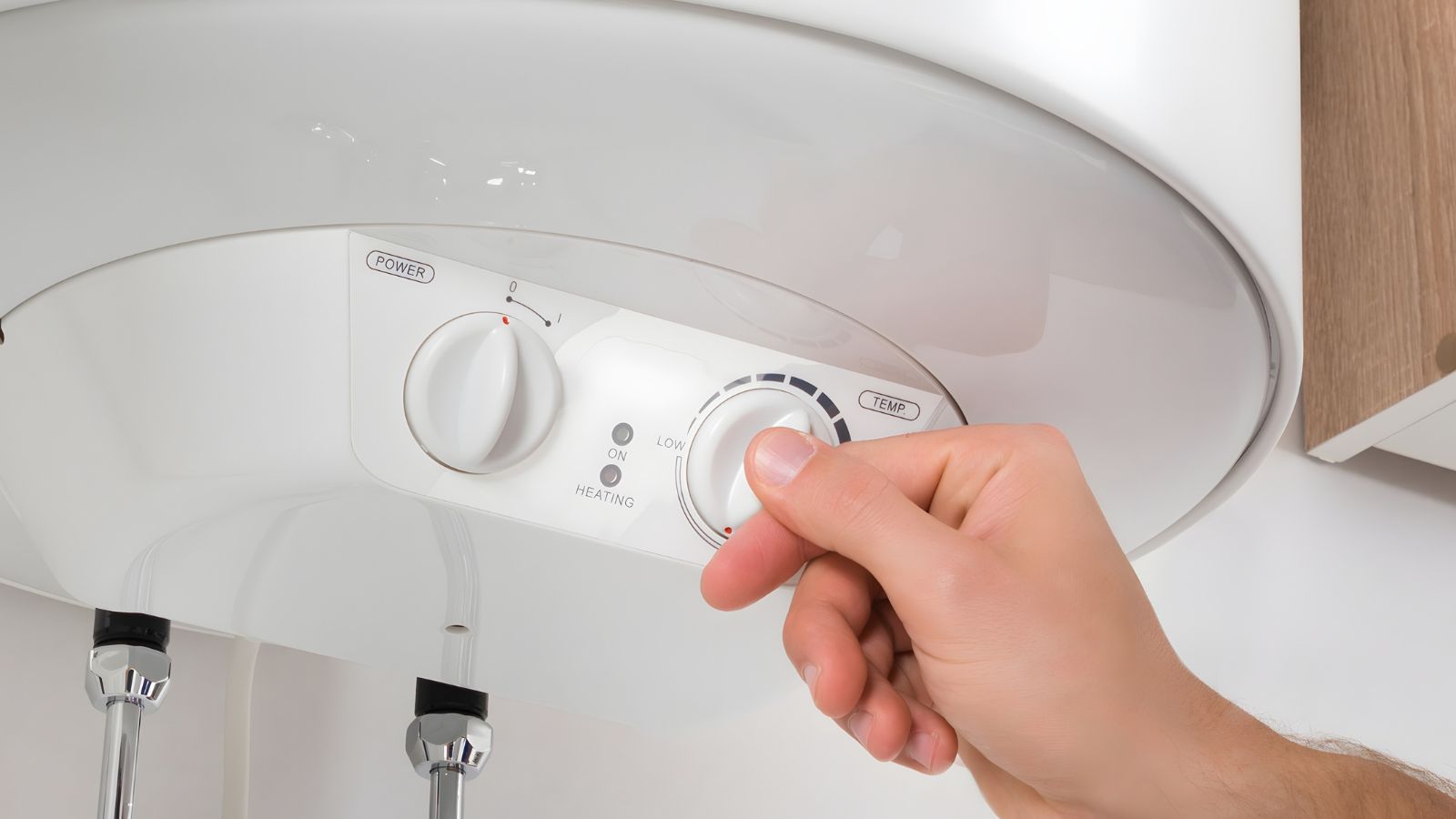
If you have a water heater that’s leaking or making strange noises, it’s probably on its last legs. Ignoring these seemingly small issues could lead to a full system failure or even flooding. That’s why it’s important to check your water heater regularly and replace it before it breaks completely.
Pest Infestations
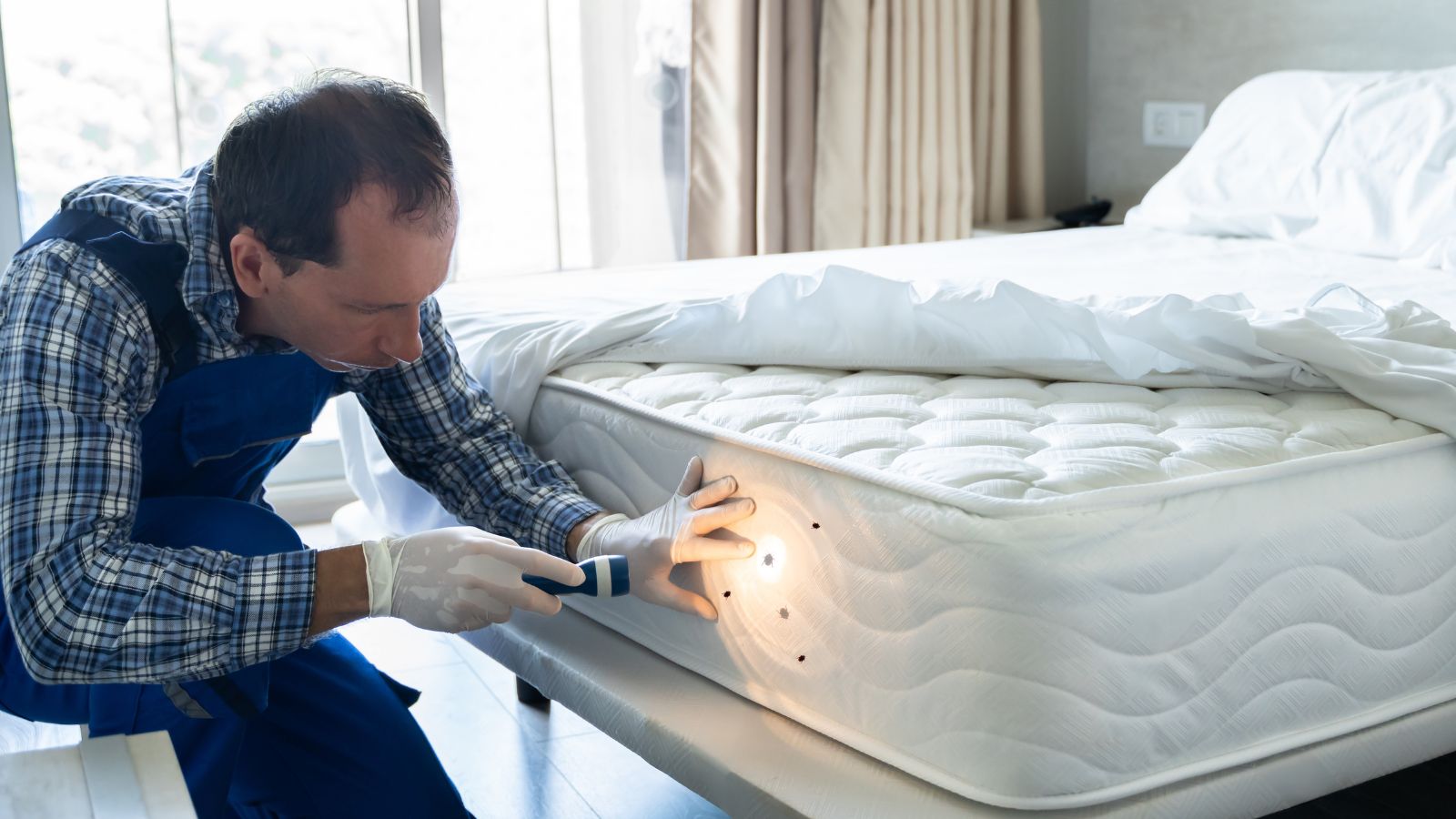
Feeling a little itchy all of a sudden? Even if you’re only hearing the occasional scurrying sound or spotting a few ants, pests can multiply quickly and can cause extensive damage. Termites, for example, can seriously compromise the structure of your home, while rodents can chew through wiring and insulation. Calling in a pest control professional at the first sign of trouble can prevent bigger (and more expensive) problems later.
